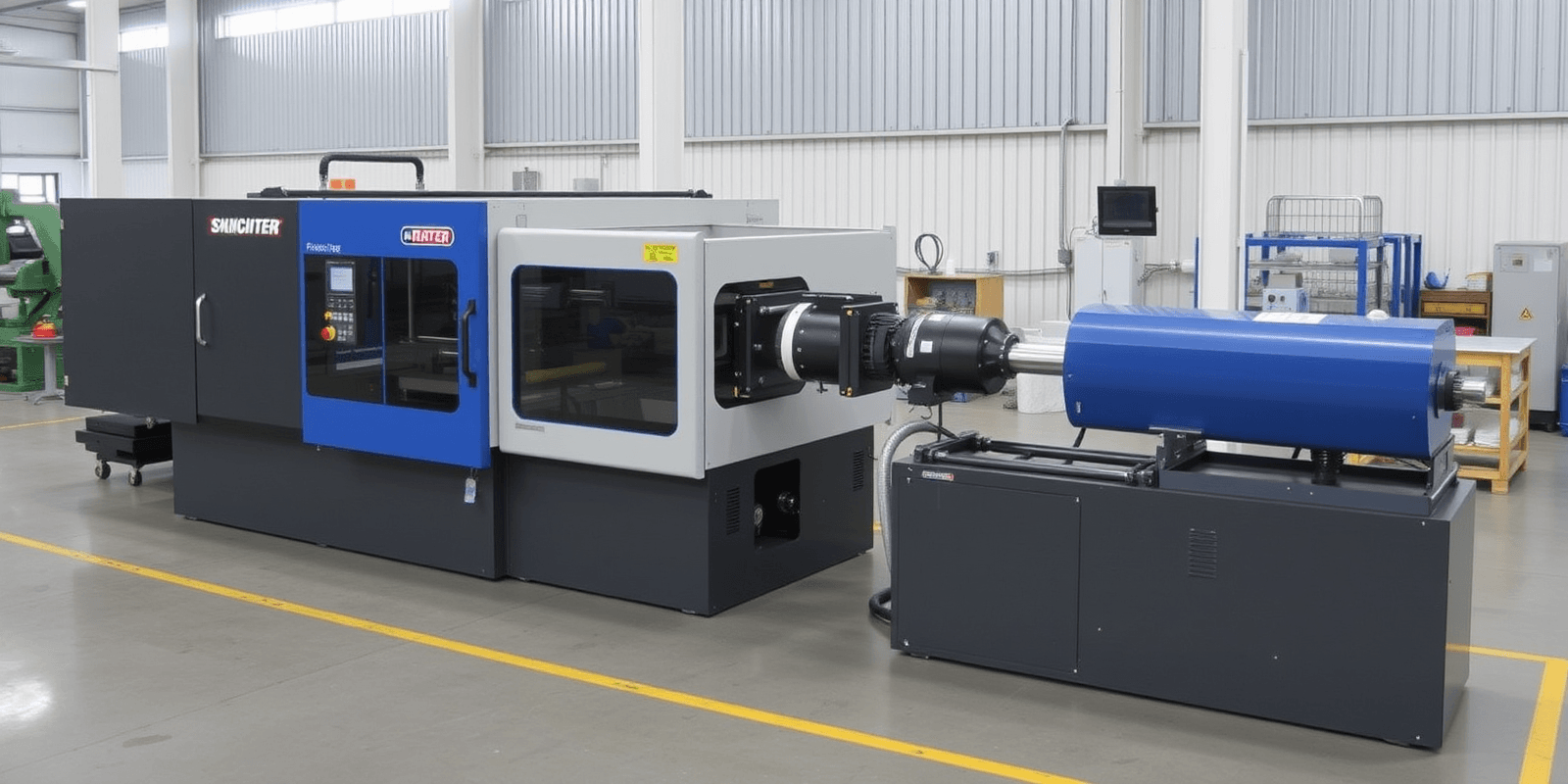Physical Address
304 North Cardinal St.
Dorchester Center, MA 02124
Physical Address
304 North Cardinal St.
Dorchester Center, MA 02124

In today’s competitive manufacturing landscape, maximizing production efficiency, precision, and cost-effectiveness is crucial. One way to achieve this is by investing in top-rated plastic forming machines. These advanced machines not only streamline the production process but also enhance product quality and reduce overall costs. In this article, we will explore the key features and benefits of these machines and discuss how they have impacted various industries.
Top-rated plastic forming machines come with a range of advanced features designed to improve production processes. Some of the most notable features include:
The adoption of top-rated plastic forming machines offers numerous benefits that directly impact production efficiency, precision, and cost-effectiveness.
One of the primary advantages of using these machines is the significant boost in production efficiency. For instance, Bosch Rexroth, a leading manufacturer of industrial components, has reported that their servo-hydraulic injection molding machines can increase production rates by up to 30% compared to traditional hydraulic systems. This improvement is due to the precise control over the injection process, which minimizes downtime and maximizes output.
High-precision plastic forming machines play a vital role in ensuring product quality. The ability to maintain tight tolerances during the forming process results in fewer defects and higher-quality finished goods. Companies like Siemens have leveraged advanced machine learning algorithms to optimize the forming process, further enhancing the precision of their parts. This not only boosts customer satisfaction but also reduces the need for post-production quality checks.
While the initial investment in top-rated plastic forming machines may be higher than traditional models, the long-term cost savings are substantial. Energy-efficient designs and reduced material waste contribute to lower operating costs. Moreover, the ability to produce high-quality parts consistently means fewer rework or scrap costs. For example, Honeywell implemented advanced forming machines that resulted in a 20% reduction in energy consumption and a 15% decrease in material usage. This not only improved their bottom line but also aligned with their sustainability goals.
Several companies have successfully integrated top-rated plastic forming machines into their operations, achieving remarkable results.
Bosch Rexroth, a global leader in industrial automation, has been at the forefront of adopting high-precision plastic forming technologies. Their servo-hydraulic injection molding machines have significantly enhanced their production capabilities. By reducing cycle times and improving part consistency, Bosch Rexroth has been able to meet the stringent demands of automotive and medical device industries more efficiently. This has not only strengthened their market position but also opened new opportunities for innovation.
Siemens, known for its technological advancements, has integrated advanced forming machines that utilize machine learning algorithms to optimize the forming process. This has led to unprecedented levels of precision and quality control. The company reports a 99% first-pass yield rate, which translates to fewer defects and higher customer satisfaction. Additionally, the integration of these machines has allowed Siemens to expand their product offerings and enter new markets.
Honeywell, a diversified technology and manufacturing company, has embraced energy-efficient plastic forming machines to drive sustainability initiatives. These machines have enabled Honeywell to reduce their carbon footprint while maintaining high production standards. The company’s commitment to green manufacturing practices has not only attracted environmentally conscious customers but also earned them recognition as an industry leader in sustainable practices.
Investing in top-rated plastic forming machines is a strategic move for manufacturers looking to enhance production efficiency, precision, and cost-effectiveness. The key features of these machines, such as high precision, speed, energy efficiency, and flexibility, make them invaluable assets in today’s competitive manufacturing environment. Real-world examples from companies like Bosch Rexroth, Siemens, and Honeywell demonstrate the tangible benefits of integrating these advanced machines into their operations. As technology continues to evolve, the importance of adopting cutting-edge forming solutions will only grow, paving the way for a more efficient and sustainable future.